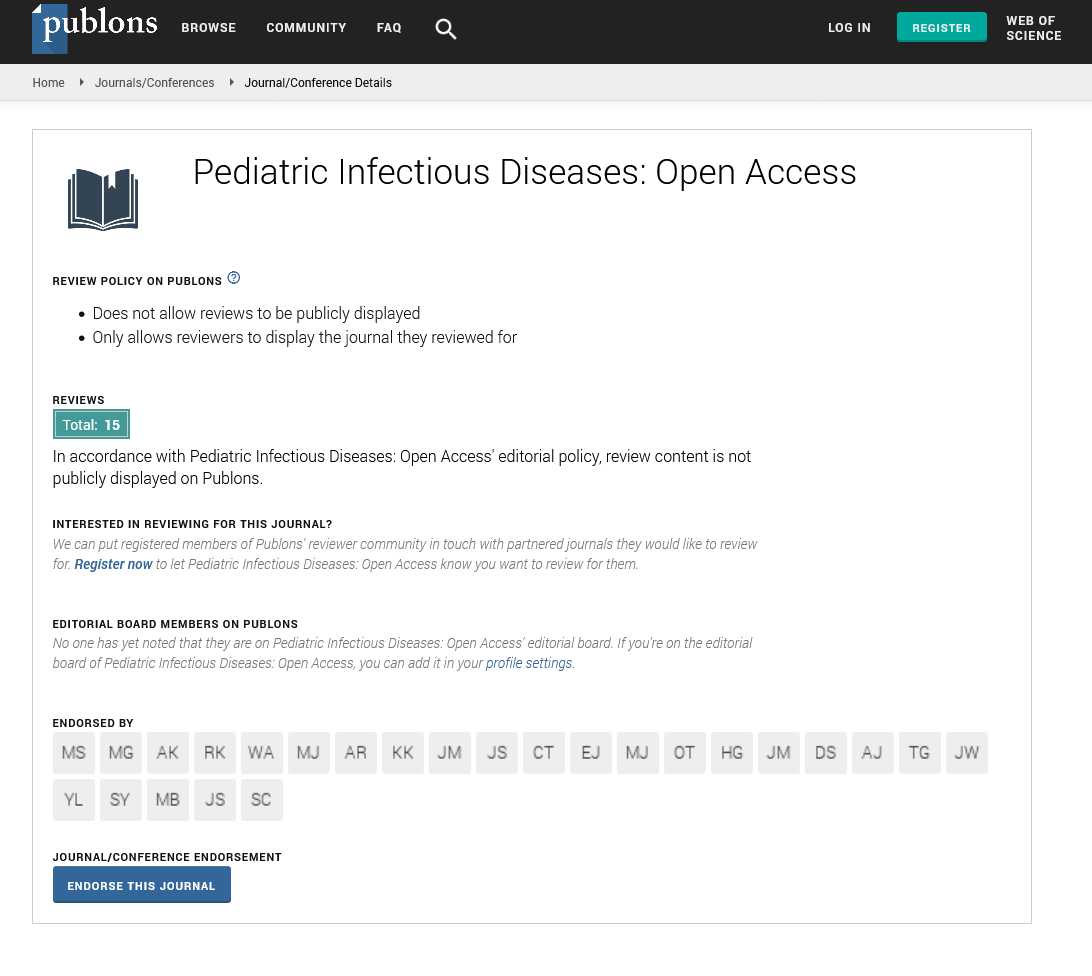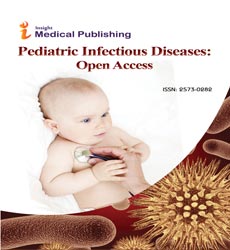Abstract
Necrotizing Enterocolitis: Case Report with Bibliographic Review
Necrotizing enterocolitis (NEC) is the clinical and surgical emergency most frequently found in neonatology with a mortality rate of approximately 50% in newborns weighing less than 1,500 grams. Corresponds to a variety degrees of ischemic necrosis of the newborn's large and small intestines. It has a poorly defined, complex and multifactorial etiology, and it’s most commonly found in premature infants. Infectious agents, hypoxia and ischemia have an important role in the etiology of the disease with lesions of the intestinal mucosa triggering inflammatory reaction and necrosis, with enteral nutrition being an extremely relevant factor for the contribution of disease development. The treatment of necrotizing enterocolitis is essentially clinical, but a surgical approach can be performed in some cases of complications, as pneumoperitoneum, fixed intestinal loop on radiological examination and decline in the child’s clinical general state. The present paper reports the case of a preterm newborn who developed necrotizing enterocolitis and aims to conduct a discussion associated with dialogues using the current scientific literature regarding the clinical, diagnostic and better management for the case, as well as risk factors and complications.
Author(s):
Cely Carolyne Pontes Morcerf*, Bruna Alves Cambraia, Fabiana Cerqueira Abbud and Lucila Bragantini Prata
Abstract | Full-Text | PDF
Share this

Google scholar citation report
Citations : 230
Pediatric Infectious Diseases: Open Access received 230 citations as per google scholar report
Pediatric Infectious Diseases: Open Access peer review process verified at publons
Abstracted/Indexed in
- Google Scholar
- China National Knowledge Infrastructure (CNKI)
- Cosmos IF
- Secret Search Engine Labs
Open Access Journals
- Aquaculture & Veterinary Science
- Chemistry & Chemical Sciences
- Clinical Sciences
- Engineering
- General Science
- Genetics & Molecular Biology
- Health Care & Nursing
- Immunology & Microbiology
- Materials Science
- Mathematics & Physics
- Medical Sciences
- Neurology & Psychiatry
- Oncology & Cancer Science
- Pharmaceutical Sciences


